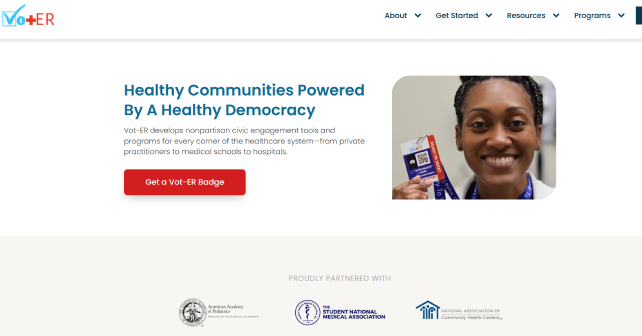
At times, I want to give up this crazy, broken career as an emergency physician. We all recognize that our jobs have become more challenging since COVID-19 broke down our health care system and destroyed many of our social safety nets. COVID-19, vaccines, and health care in general have become more and more politicized, and I think that anyone who continues to deny the role politics and policy play in the health of our patients is intentionally missing the elephant in the trauma bay.
Explore This Issue
ACEP Now: Vol 42 – No 10 – October 2023Observations on Shift and on the Street
I see the consequences of political decisions and policies. The elderly woman about to lose a foot due to complications of her diabetes? She is unable to afford the monthly cost of her prescription medications, despite having insurance and having been employed her entire adult life, and so rations her insulin. Teen pregnancies, recurrent sexually transmitted disease exposures and infections, injuries due to intimate partner violence? Data clearly suggest that abstinence-only sexual education in our public school systems has resulted in astonishing rates of teen pregnancy, abortions, and sexually transmitted disease infections.1,2
The most dramatic example of the interplay between politics and medicine is the ever-increasing gun violence in my home city, Philadelphia. 2021 was a remarkably violent year in the city—there were more than 550 homicides, 85 percent of which were due to shootings.3,4 There was a total of more than 2,300 shootings in the city in 2021—that shows up in the trauma bays and resuscitation rooms in our emergency departments.
A resident once said to me that in emergency medicine, “we carry our graveyards with us.” Well, unfortunately my graveyard is bursting at the seams. Eventually, they chip away at our ability to work in this field.
Doing Something Different
In a moment of burnout, desperate to continue as an emergency physician, and needing to change something, I signed up for a civic health fellowship through Vot-ER.5 Vot-ER is a nonpartisan organization that works to bring voter registration into health care settings, with the goal of giving patients a voice in the policies that directly impact them. This fellowship has reinvigorated me and given me a way to funnel my anger into action.
There are 51 million unregistered voters in the United States, the vast majority of whom are young, low-income people of color—a huge chunk of the patient population that we serve on a daily basis.6 When patients do not vote, political campaigns are less likely to address their needs. In Philadelphia specifically, neighborhoods with higher voter turnouts have higher life expectancies in comparison with areas with lower voter activity.7
Pages: 1 2 3 | Single Page




No Responses to “Using Civic Engagement and Voter Registration to Fight My Burnout”